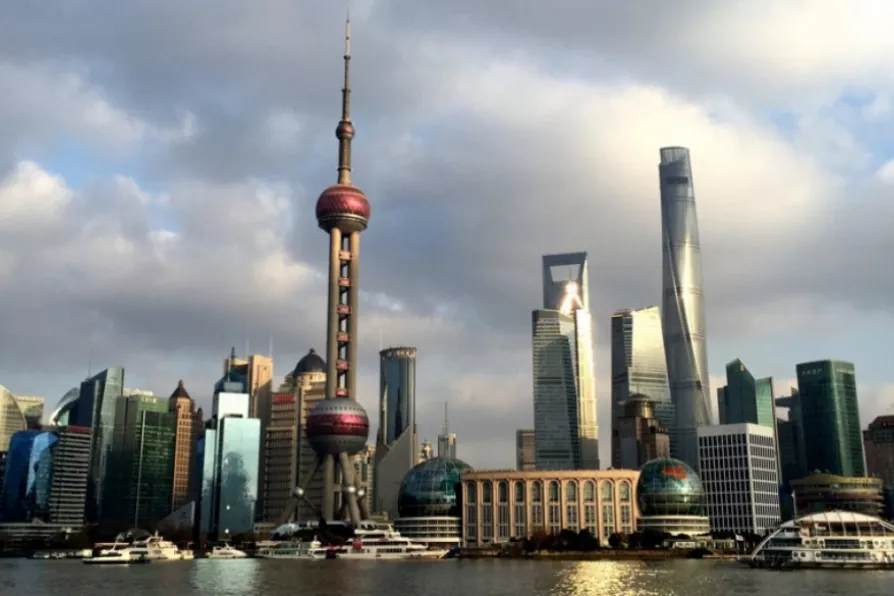RITA DI SANTO draws attention to a new film that features Ken Loach and Jeremy Corbyn, and their personal experience of media misrepresentation
Light on new world order rising in the East
A new pamphlet outlines the positive impact China's economic and political ascendancy could have globally — and for Britain, says JENNY CLEGG

 The Shanghai skyline
[sdweathers/Creative Commons]
The Shanghai skyline
[sdweathers/Creative Commons]
China’s New Era and What It Means
by Kenny Coyle
(CPB, £2)
JUST over a decade ago, China and Britain were roughly equal in economic size, but today, barely noticed, the Asian nation has grown four times larger. In the next seven to 10 years, it will likely overtake the US.
China's President Xi Jinping is already challenging Trump in a battle of ideas and advancing the notion of a world community with a shared future. It gives globalisation a new meaning and opposes the neocon view of divisive power politics.
Similar stories

Peter Mitchell's photography reveals a poetic relationship with Leeds

JOHN GREEN surveys the remarkable career of screenwriter Malcolm Hulke and the essential part played by his membership of the Communist Party

ANDY HEDGECOCK relishes two exhibitions that blur the boundaries between art and community engagement

CAROLINE FOWLER explains how the slave trade helped establish the ‘golden age’ of Dutch painting and where to find its hidden traces










